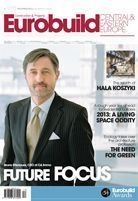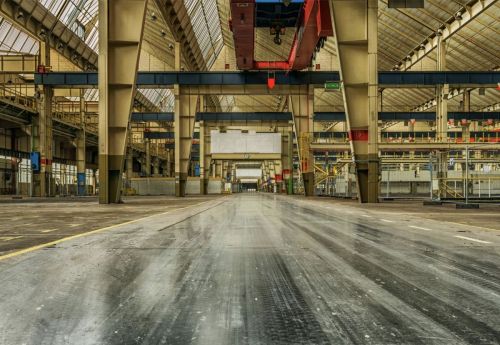He points out that "a large international brand reduces the risk for customers" because wherever they are in the world people will know that a particular hotel brand will always deliver a similar standard. Peter Vermeer, the vice-president for development of InterContinental Hotels Group, agrees. "The old stock is not up to the expectations of the modern traveller and the infrastructure of hotels was built in a different reality," he claims. The two companies have signed a multi-development agreement and together they have just held the grand opening of the Holiday Inn Express in Warsaw, the second hotel of the brand (a Holiday Inn Express is already operating in Kraków). Construction work on the Warsaw hotel, which offers 124 rooms, began on July 26th 2011 on a 0.2 ha plot. The plan is to develop 17 similar projects in 11 cities throughout Poland, including Warsaw, Kraków, Wrocław, Gdańsk, Poznań, Łódź, Katowice, Opole, Zielona Góra, Lublin and Szczecin. Heads of terms have b




























































